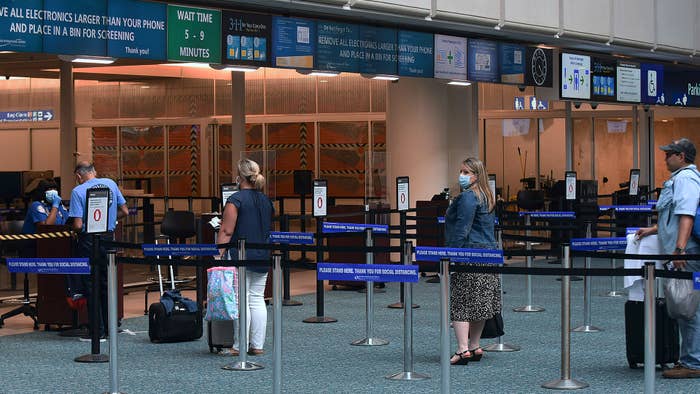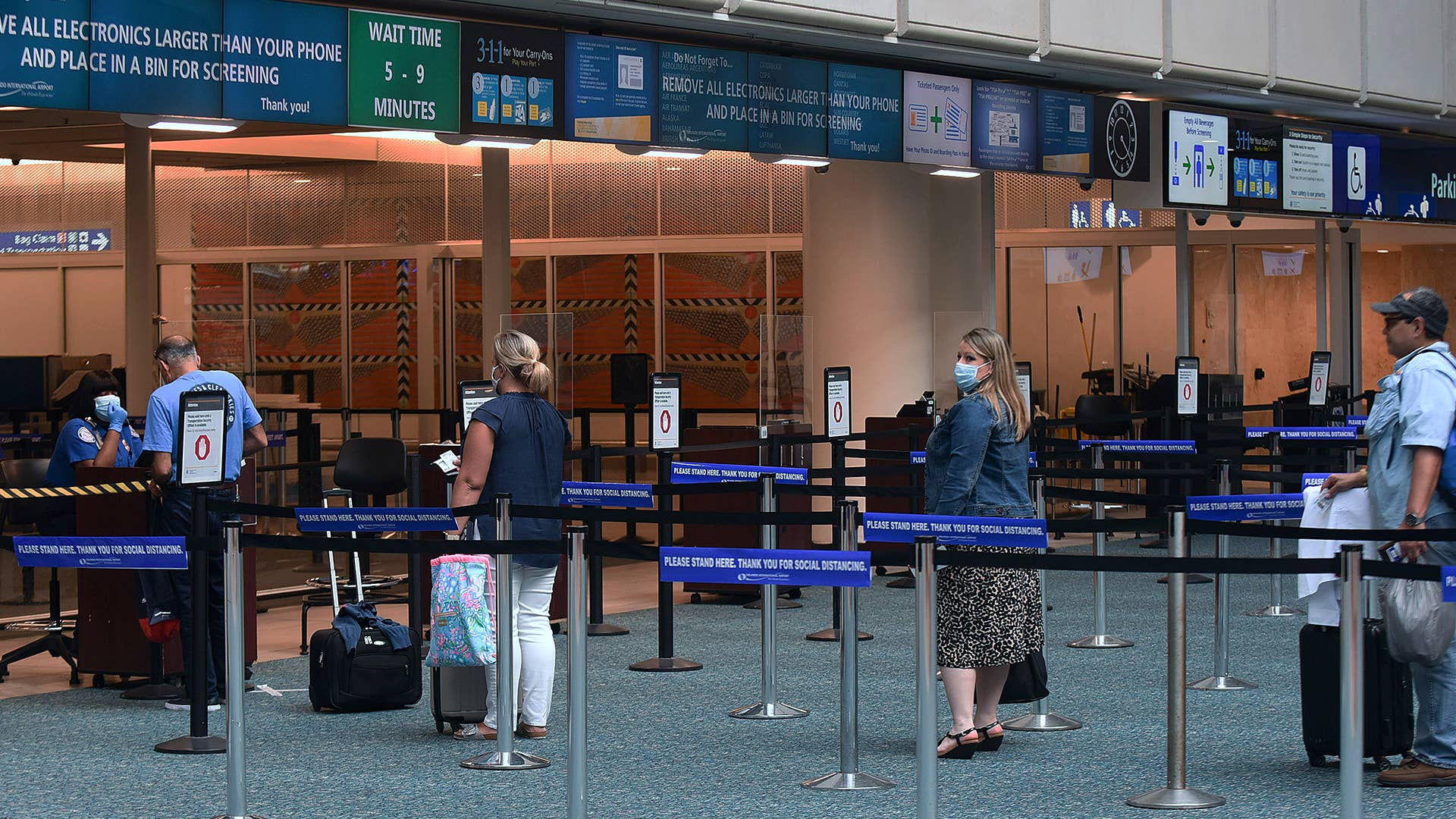
With an increasing number of states lifting restrictions imposed by the COVID-19 pandemic, 22 states have reported a rise in new cases of the virus. As of June 9, over two million Americans have been infected, while more than 110,000 have died. In recent days, 20 states have seen a decrease in new cases, CNN reports, but states like Florida have seen a huge spike.
Florida saw a significant rise in new cases in the past week, rising 46 percent from the week prior as most of the state enters the second phase of reopening. Health officials in Utah have also said that they are "very concerned" about the increase in new cases in the state. "Today's 18.5 percent positive test rate is double yesterday's," said Rep. Suzanne Harrison. It's not just in America, either, as worldwide figures have also started to rise again.
On Sunday, the World Health Organization received more reports of new cases in a single day so far, WHO Director-General Tedro Adhanom revealed. "Yesterday, more than 136,000 cases were reported -- the most in a single day so far," Tedros said. "Almost 75 percent of yesterday's cases come from 10 countries, mostly in the Americas and South Asia."
The news comes as countless Americans have taken to the streets to protest police brutality and systemic racism. Doctors have advised that all protesters wear a face mask and keep their distance from others when possible, while the U.S. Centers for Disease Control and Prevention said it has closely monitored the protests. "I do think there is a potential, unfortunately, for this to be a seeding event," CDC director Dr. Robert Redfield said.
Despite the high numbers, new research from the University of California, Berkeley suggests the lockdowns across the country prevented 60 million infections in America. "The findings come as leaders worldwide struggle to balance the enormous and highly visible economic costs of emergency health measures against their public health benefits, which are difficult to see," the newly released study reads. "The study did not estimate how many lives might have been saved by the policies because, with so many infections, fatality rates would be much higher than anything observed to date."

